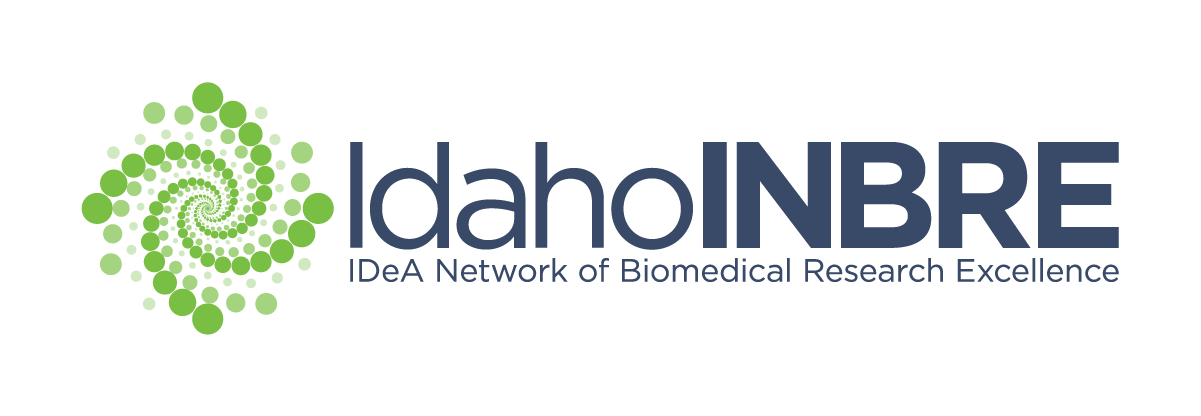
- Name: Shelley McGuire, Ph.D.
- Institution: University of Idaho
- Department: Family and Consumer Sciences
- Phone: 208-596-5032
- Email: smcguire@uidaho.edu
- Website: https://www.uidaho.edu/cals/family-and-consumer-sciences/our-people/shelley-mcguire
Summary: The McGuire/Williams laboratory studies many aspects of human and bovine milk and lactation, particularly relating to variation in milk composition, microbiomes, and nutrition. We are also interested in applications to human and bovine health. We conduct many types of studies, both locally and internationally, and welcome students interested in a wide variety of topics related to cows and women. Recent work has included a large National Institutes of Health grant to understand better if and how variation in the milk microbiome (bacteria in milk) and immune factors are related to mastitis risk in women and cows; whether COVID-19 can be transmitted from mother to infant via breastfeeding; and the genomic basis underlying variation in overall milk composition around the globe. We are also studying the impact of maternal cow’s milk and soy beverage consumption on human milk composition, and if maternal cannabis use impacts milk composition. Many of these projects are in collaboration with Dr. Courtney Meehan, professor of anthropology at Washington State University.
Minimum Classes: Although it is helpful for students to have taken biology, chemistry, and/or microbiology classes, we will provide training for all aspects of the research being done in the laboratory.
Projects: Potential summer projects include 1) examining relationships within and between microbiomes of mother-infant dyads collected from a variety of sample types including human milk and infant feces; and 2) examining various components in milk, such as fatty acids, protein, and lactose. However, we will work with the student to identify their interest and see what project would work best for that student. Since our lab utilizes a variety of techniques, the student will have opportunity to not only learn the methods for the project they are working on but also other techniques being used in the laboratory. Methods we employ in the laboratory include molecular biology techniques such as DNA isolations, polymerase chain reactions, and agarose gel electrophoresis, as well as basic and biochemistry methods such as lipid extractions, gas chromatography, and enzymatic and colorimetric assays. In addition to wet bench methods, our laboratory conducts computational and statistical analysis of data utilizing various software and programming languages such as R, to visualize and analyze data.



